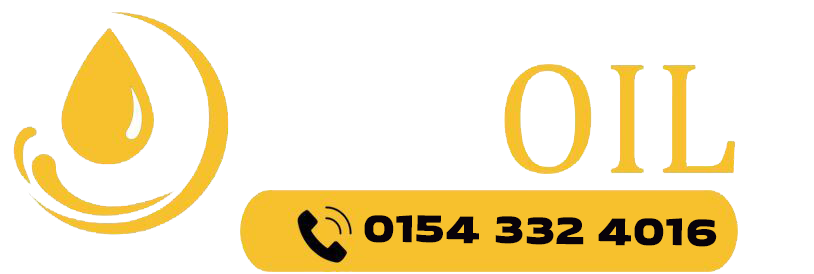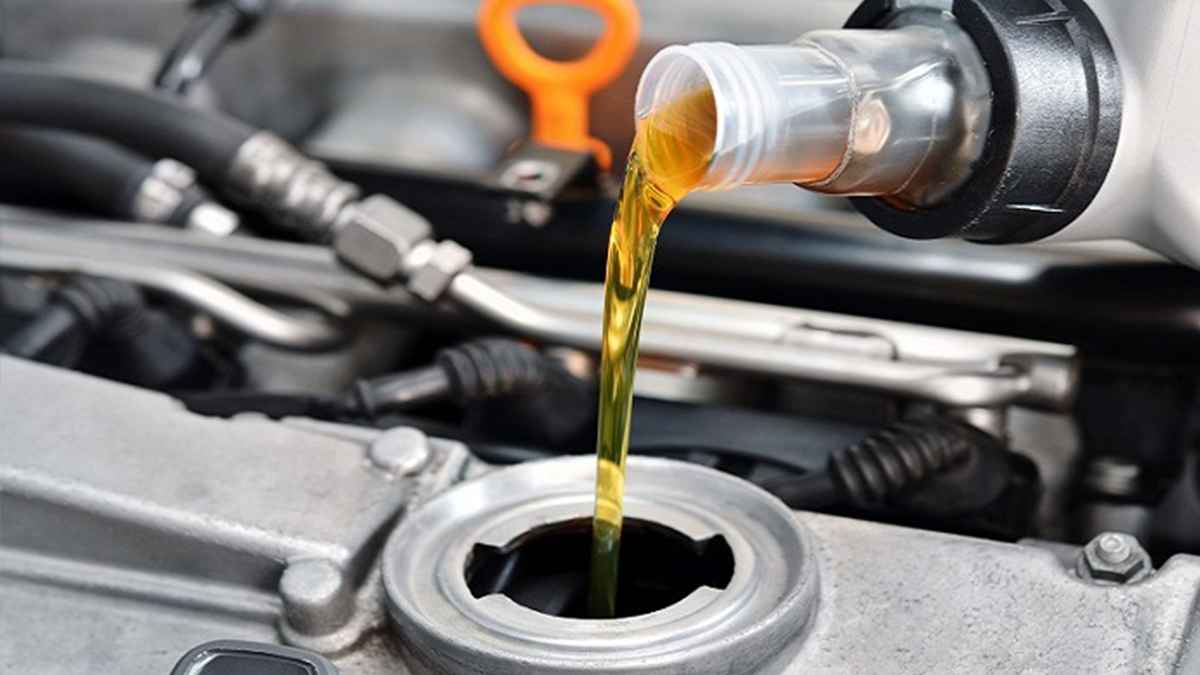The wheel was an incredible invention; although we may never know which nation or who really invented it, we can all agree that it was a world-changing invention. It reduced the labour associated with countless tasks and changed how we travel. The ancient wheels, however, were not powered. They moved through simple laws of physics but provided great utility, and though it was an excellent discovery for its time, it would take mankind thousands of years to motorize the wheel. Although it was known that crude oil or something like it existed, it was in 1859 when it was drilled for the first time. It would take at least four more decades for people to realize the significance of crude oil, and since they realized it, there has been something similar to the historical “Gold Rush”, which has been going on for more than a hundred years now. Crude oil, unrefined petroleum, or fossil fuel are terms used interchangeably to identify this mixture of hydrocarbons which has found extensive applications in every aspect of life, including industrial, commercial, and residential. Not only that, crude oil can be separated into numerous products, all serving different purposes, through fractional distillation. The process yields numerous products such as hydrocarbon gasses, fuels, lubricants, grease, etc.
What are Lubricants?
Lubricants can be used to reduce friction between moving surfaces or parts. For ease of understanding, you can divide them into two types: Synthetic and Mineral. Mineral oils are lubricants produced by refining natural petroleum, and synthetic oils are man-made, such as ester oils or polyglycols (hydrogen-based). Mineral oils remain the preferred choice of most industries and sectors owing to their abundance and superior quality. Another reason for preferring them is that they are available in numerous viscosities and can serve multiple sectors such as automobiles, heavy machinery, equipment, etc.
What Are the Types of Lubricants?
Lubricants vary from very low viscosity to very high. Both lubricating oils and grease are types of lubricants. Some have a solid wax-like texture, while others are thin oils such as motor oil. Technically speaking, there are four types of lubricants:
- Dry Lubricants
- Penetrating Lubricants
- Grease
- Lubricant Oils
The most commonly used are grease and oils, while the remaining two are less preferred.
What is the Difference Between Lubricant Oil and Lube Oil?
There is no difference between these two terms. Both have the same meaning.
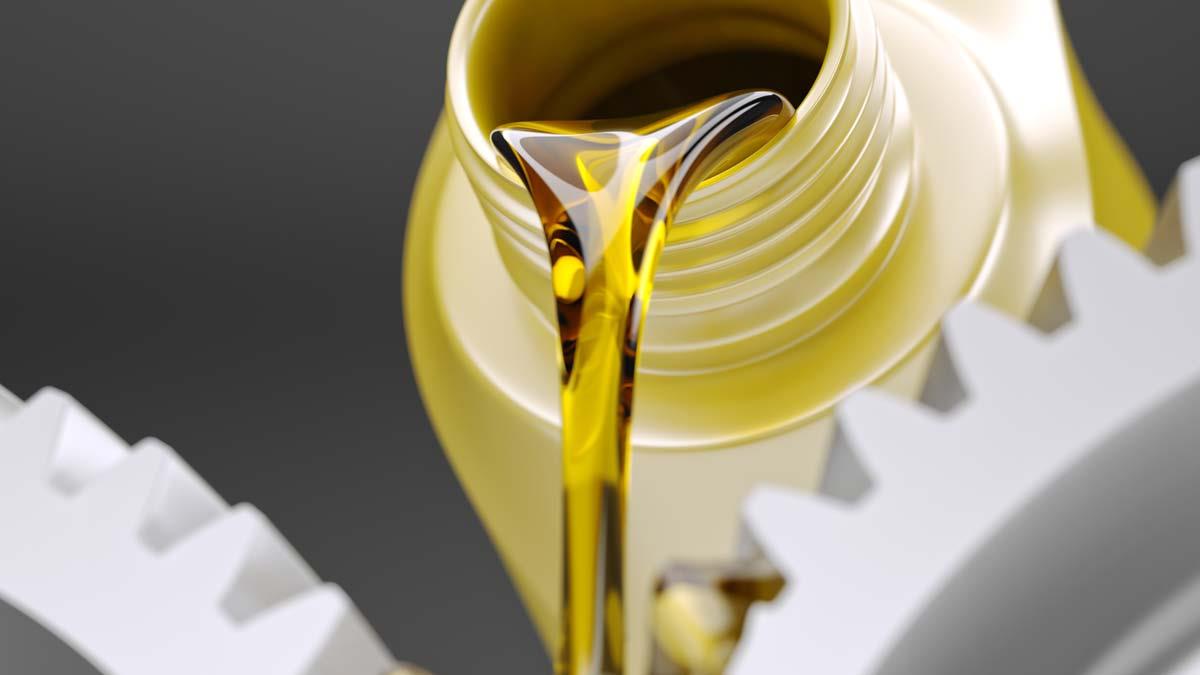
Are Grease and Lubricants Different or the Same?
The basic structure of grease and lubricants are the same, but they are used for different purposes because of different viscosities.
When Should We Use Oil?
- Sharpening Blades
- Tool Maintenance
- Use on hinges to improve movement
- When you need to reduce friction but not increase resistance to motion, as in the case of motor oil.
When Not to Use Oil?
- Dusty or dirty machine parts as it will cause additional friction.
- Low-viscosity oils will drip in case of dirty parts, or they can suffer from gumming.
- Parts with very high water or moisture.
What is Grease?
Grease is typically a mixture of base oil, thickeners, and additives at times. The only difference between grease and oil lubricants is texture.
Like lubricating oils, grease also comes in various consistencies depending on the intended purpose.
When Should You Use Grease?
- Heavy machinery, linkages, chains, bearings, and gears
- You need the lubrication to stick to the surface for a long period of time
- For the purpose of sealing and protecting from water
When Should You Not Use Grease?
- Grease should not be used in machines with fine or fast-moving parts as grease will slow down the parts by creating high resistance.
- Areas which have to be kept clean
What Are the Benefits of Using Lubricating Oils?
Lubricating oils serve multiple purposes and support various machine operations.
- Lubricating oils absorb heat. As such, they behave like a heat exchanger. For instance, motor oil and radiator oil absorbs the heat produced by the moving parts and cools the machine or the engine.
- Metal parts already have hard surfaces. When they move and rub against each other, frictional forces are produced, which can increase the wear & tear of moving parts. Lubricating oils reduce this friction and therefore reduce wear & tear.
- Lubricating oils are also preferred in machines with fast-moving parts. As they are less viscous, they create a thin layer which does not create any notable resistance to motion.
- All the above benefits enhance the life and operation of the machinery or engine that uses the right lubricants.
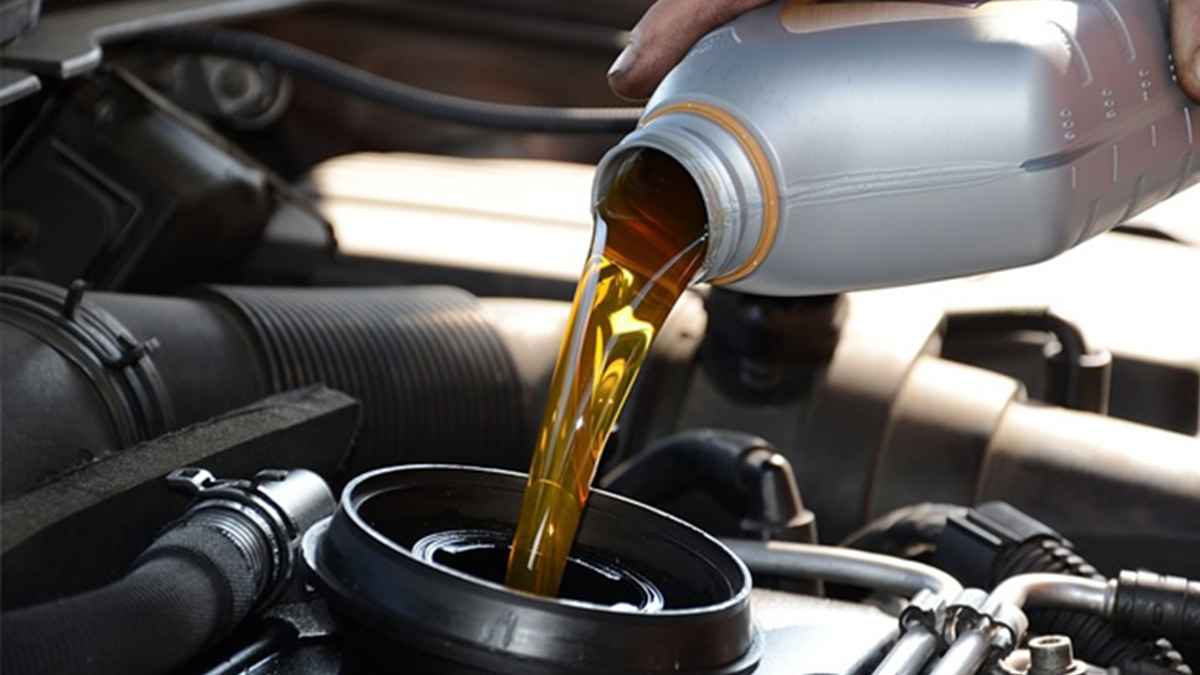
What Are the Benefits of Using Lubricating Grease?
Two of the most common things you will find in any mechanical workshop are Grease and lubricating oils. Although they might be used interchangeably for the same purpose, they are mainly used for entirely different reasons. Here are some of the benefits of using grease:
- Grease is often used to create a protective coating over machinery, which is not used frequently as it is anti-rust and blocks moisture.
- It is also highly ideal for using machine parts that are not exposed and can only be reached by dismantling the entire machine.
- Grease also provides support to parts which have to be sealed permanently.
- Highly suitable for heavy machinery parts which are typically slow but create high friction.
- Grease can be used as a temporary solution to reduce the wear and tear of old machine parts.
What Are the Different Types of Mineral Oils and Their Applications?
Although the international lubricants market divides lubricants based on several features such as viscosity, saturates, and sulfur content, the more easily understandable categories are mentioned below.
- Marine Lubricants: Although there are different types of marine lubricants, the main properties required include acid neutralization, oxidation stability, dispersion, and detergent properties.
- Industrial Lubricants: These include a wide range of lubricants such as biodegradable oils, food-grade lubricants, transformer oils, and process oils:
- Metalworking Fluids: These special lubricants include corrosion preventives, water-soluble lubricants, and others.
- Automotive Lubricants: Motor oils, Gear oil, hydraulic lubricants, crankcase lubricants, etc.
- Agricultural Lubricants: A vast range of lubricants used for biogas plants, agricultural machines, compressors, pumps, milking machines, etc.
What Are the Different Additives Used in Lubricants?
There are countless additives used to impart special characteristics to lubricant oils and grease, and these are not usually higher than a composition of 20%. The typical additive families used include:
- Pour Point Depressants: For preventing wax crystalization.
- Anti-foaming Additives: Silicone compounds for discouraging foam formation.
- VIIs(Viscosity Index Improvers): Additives used for keeping lubricants viscous even at high temperatures.
- Antioxidants: For reducing oxidative degradation of hydrocarbons at high or low temperatures. For the former, additives such as dithiophosphates are used, while hindered phenols such as butylated hydroxytoluene are used for the former.
- Detergents: These additives clean the engines and prevent deposits from forming on engine surfaces.
- Corrosion Inhibitors: Also known as rust inhibitors, prevent corrosion by absorbing acids.
- Anti-wear: These additives form ‘tribofilms’ on metallic parts, suppressing wear and tear. Examples are zinc dithiophosphates and phosphate esters.
- Anti-scuffing: These additives create protective films on sliding metal parts that slide.
- Friction Modifiers: These additives reduce wear and friction.
